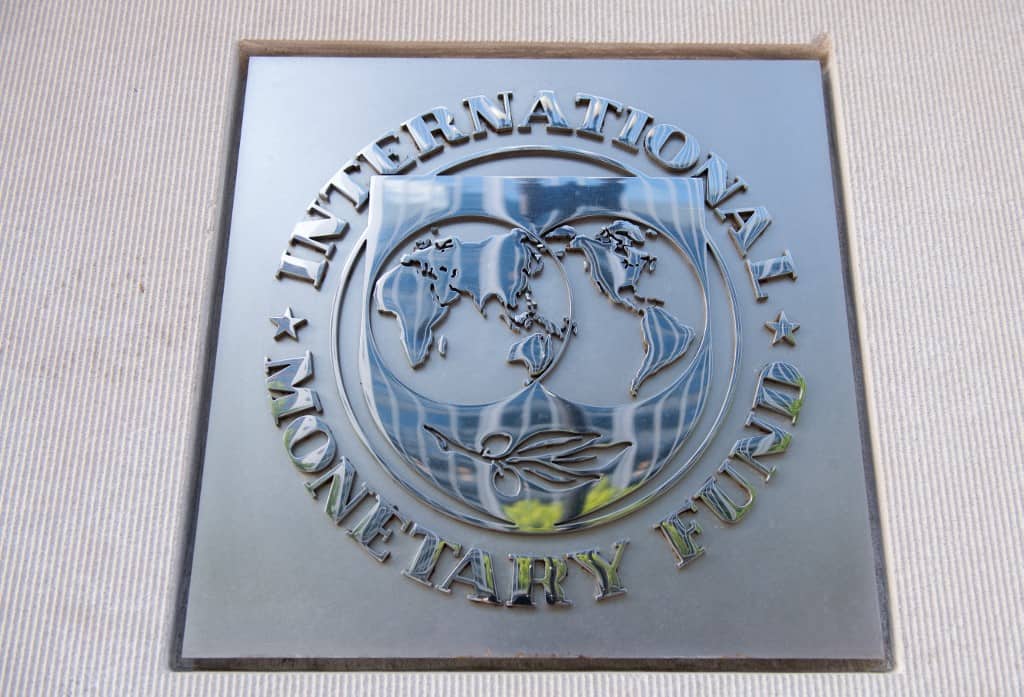Costa Rica on Monday will begin negotiations for an agreement with the International Monetary Fund (IMF) that would allow it to face its large fiscal deficit. The discussions come amid uncertainty about the government’s plans to reach an understanding after public rejection of tax increases.
The search for this agreement poses a difficult balance for the government, which will try to make a fiscal adjustment of around 3% of GDP. Executives must present proposals that are acceptable to a Congress reluctant to adopt new taxes, and without provoking mass protests as happened last year.
The Executive Branch’s first attempt to reach a pact with the IMF — last September and October — failed amid criticism from legislators who considered that it privileged new taxes over spending cuts.
The original proposal unleashed a wave of protests, with road blocks throughout the country, which forced the government of Carlos Alvarado to withdraw the initiative.
Then, in a dialogue with all sectors of the country, including unions and businessmen, held between last October and November, the parties agreed to seek an adjustment of 2.5% of GDP by reducing public spending, eliminating tax exemptions and generating new income.
In this context, “the government has proposed an agreement with the IMF because it wants to ensure support for the financing it needs in the coming years,” economist Fernando Rodríguez, a former deputy finance minister and professor at the National University, explained to AFP.
“Having an agreement with the Fund is a seal of quality in the management of the macroeconomic situation, particularly in the fiscal area,” said Rodríguez. “With these credentials, you can seek financing from other sources.”
The deficit challenge
Costa Rica recorded a fiscal deficit of 6% of GDP in 2019, one of the highest in Latin America, and the Central Bank projected that it would rise to 9.2% of GDP in 2020 as a result of the pandemic — which caused an increase in spending, reduced revenues, and generated a contraction of the economy estimated at 4.6% with 20% unemployment.
So far, the Costa Rican government has given mixed signals about the agreement it will seek with the IMF, which some legislators have considered confusing.
Last Tuesday, the Minister of Planning, Pilar Garrido, and the recently appointed Minister of the Presidency, Geanina Dinarte, met with heads of the parliamentary benches, to whom they presented details of the negotiation with the IMF.
After the meeting, some legislators reported that the government proposal included an increase in the Value Added Tax (VAT) from 13% to 14%, as well as a tax on financial transactions.
But a day later, the Minister of Finance, Elian Villegas, denied that version. “VAT at 14% and tax on financial transactions are not viable options” and will not be part of the government’s proposal, he said.
According to the hierarch, the central axis of the official plan is the reduction of public spending from 16.45% of GDP in 2020 to 13% in 2025.
Shaky legislative support
An analysis by the risk consultancy Eurasia Group concluded that to achieve a cut in the fiscal deficit of 3 percentage points, the government will have to seek an increase in income through taxes, which poses a political challenge to obtain legislative approval.
Former Vice Minister Rodríguez commented that Costa Rica has the difficulty that almost any initiative proposed by the government requires the support of Congress, and the current party has just nine deputies of the 57 in the Legislative Assembly (Parliament), which complicates support.
“We must wait to have a more elaborate plan to determine if it allows us to gain credibility, and see how the Fund is going to receive it,” Rodríguez said.






